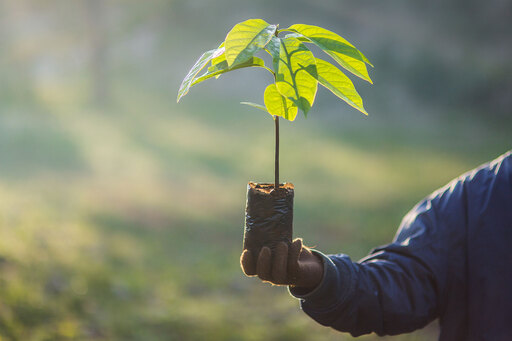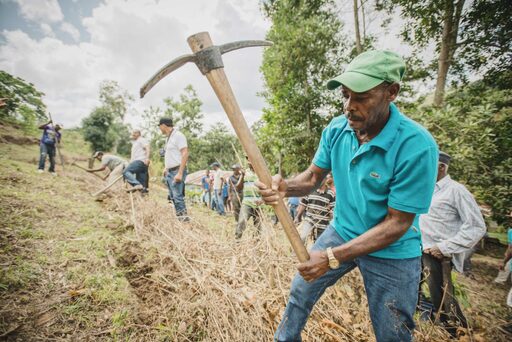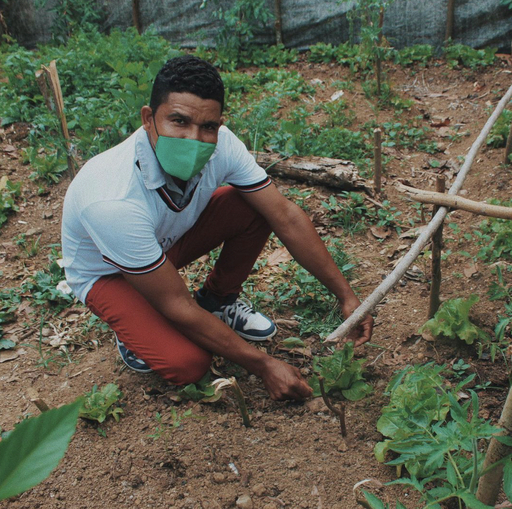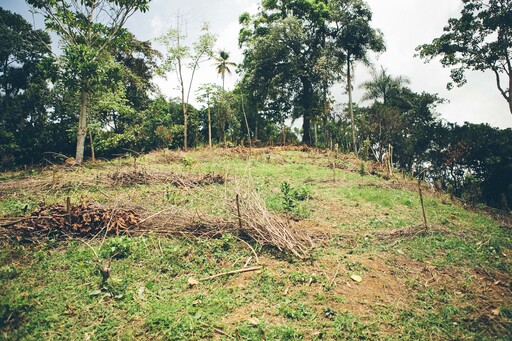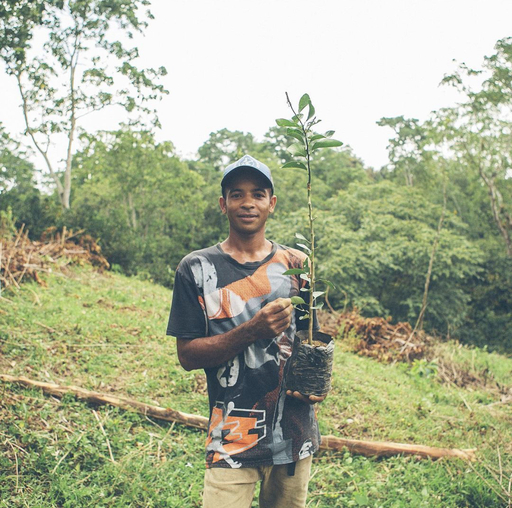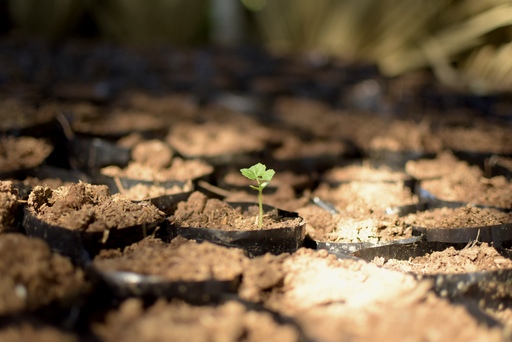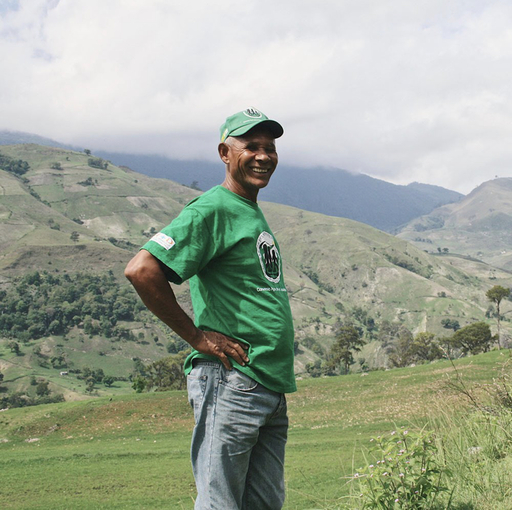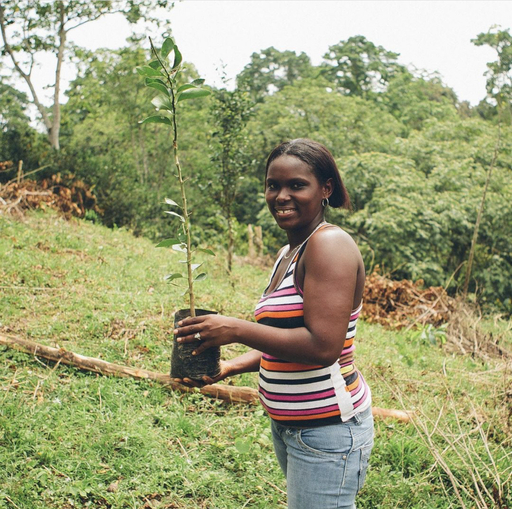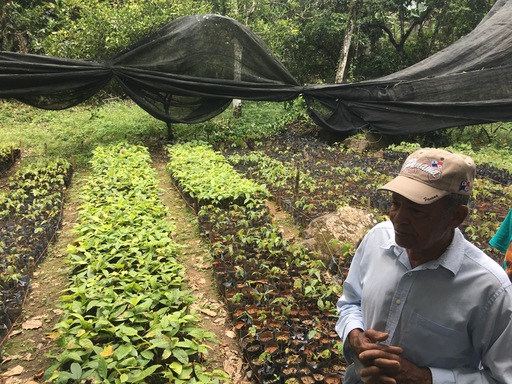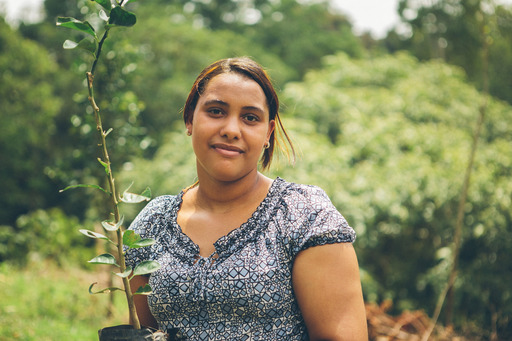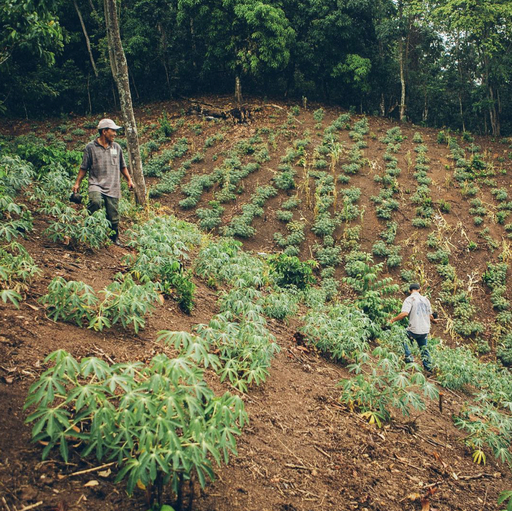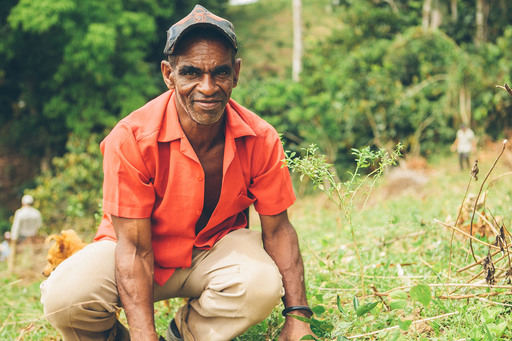This is the situation for rural farming families in the Dominican Republic, both in the trans border region and in communities of the central region. As agricultural productivity decreases, farmers who are desperate to feed their families turn to cutting trees either as a source of income or to clear land to farm. However, attempts to grow crops on cleared land are unproductive because the soil’s fertility and ability to hold water has been compromised. The deforestation also leads to serious erosion, causing soil depletion, water pollution, and increased vulnerability to natural disasters. The continued decline in productivity paradoxically leads to more tree cutting, and the vicious cycle continues. The rural sector, which makes up 31 percent of the Dominican Republic’s population, is affected by high poverty rates, and 56% of people in rural areas live below the poverty line (Source: CIA World Factbook, July 2012).
Plant With Purpose’s programs of environmental and agricultural education are teaching farmers around the world how to care for and restore their land while building sustainable economies. By establishing tree nurseries and teaching innovative agriculture techniques, Plant With Purpose is helping poor farmers to simultaneously transform their own economic situations and preserve the land for future generations. Plant With Purpose’s programs are currently functioning exceptionally well, bringing new hope and dignity across 52 communities in the Dominican Republic. By organizing long-term, large-scale reforestation efforts, Plant With Purpose is helping poor farmers and their families to improve the quality of their soil, protect vulnerable hillsides from erosion and mudslides, and ultimately restore their ecosystems to a more harmonious state.
The overarching goal of Plant With Purpose Dominican Republic’s program is to equip rural communities to restore their environment, creating health and productivity for families and communities.
The Objectives
- Increase reforestation of vulnerable lands by more than 25% by planting 540,000 trees in watersheds and other vulnerable areas.
- Establish 7,500 meters of soil conservation barriers in vulnerable areas.
- Train 360 farmers in sustainable agriculture techniques. This will involve 60 workshops covering the following topics: soil conservation, environmental and economic benefits of trees, agroforestry, organic fertilizers, tree grafting, water conservation, and waste management.
- Train 100 new farmers in agroforestry systems that plant fruit and nitrogen-fixing trees alongside crops, and equip them to establish 100 new agroforestry farms.
- Educate 300 children in 13 schools in how to care for their environment.


